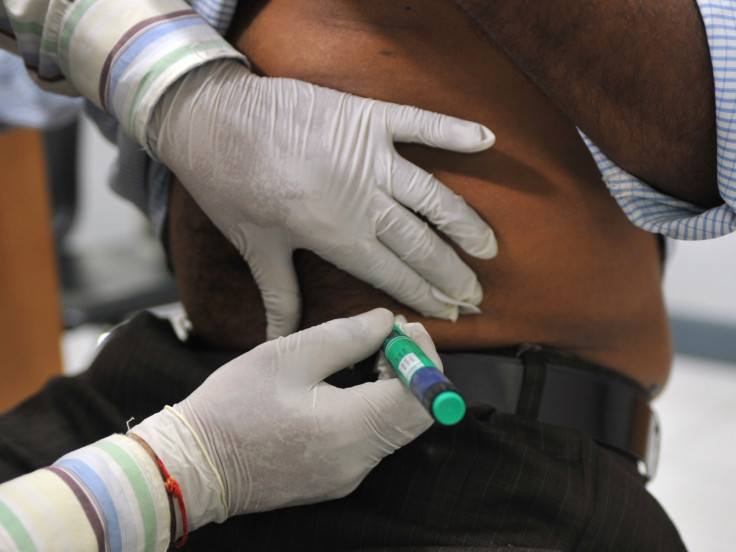Cure for Type 1 Diabetes Imminent After Harvard Stem Cell Breakthrough

Scientists say they have made a "giant leap forward" in finding a cure for Type 1 diabetes following a breakthrough in stem-cell related research.
Researchers at Harvard University claim a cure for the disease could be imminent after they were able to create insulin-producing cells, which are almost identical to those found in the human body using embryonic stem cells.
Described as a "major medical breakthrough", scientists have recreated human beta cells in such quantity that cell transplantation is now possible, signalling an end to the daily insulin injections and health complications linked to Type 1 diabetes.
Type 1 diabetes accounts for around 10% of all adults with the incurable disease and is the most common type of diabetes found in childhood.
The stem cells currently undergoing trials on animals and other primates, are still producing insulin after several months.
It is hoped human transplant trials using the created cells will start within a few years.
Doug Melton, Xander University Professor at Harvard University, who led the work, said: "While there have been previous reports of other labs deriving beta cell types from stem cells, no other group has produced mature beta cells as suitable for use in patients," he said.
"The biggest hurdle has been to get to glucose-sensing, insulin-secreting beta cells, and that's what our group has done."
Melton dedicated his career to finding a cure for the disease 23 years ago after his infant son Sam was diagnosed with Type 1 diabetes.
"We are now just one preclinical step away from the finish line," said Melton, whose daughter Emma also has the same diabetes type.
Chris Mason, Professor of Regenerative Medicine, University College London believes the work could be a "medical game-changer" on par with the creation of antibiotics.
Professor Elaine Fuchs, of Rockefeller University, said the findings are "one of the most important advances to date in the stem cell field".
"For decades, researchers have tried to generate human pancreatic beta cells that could be cultured and passaged long term under conditions where they produce insulin," she added.
A report on the new work is being published by the journal Cell.
© Copyright IBTimes 2025. All rights reserved.






















